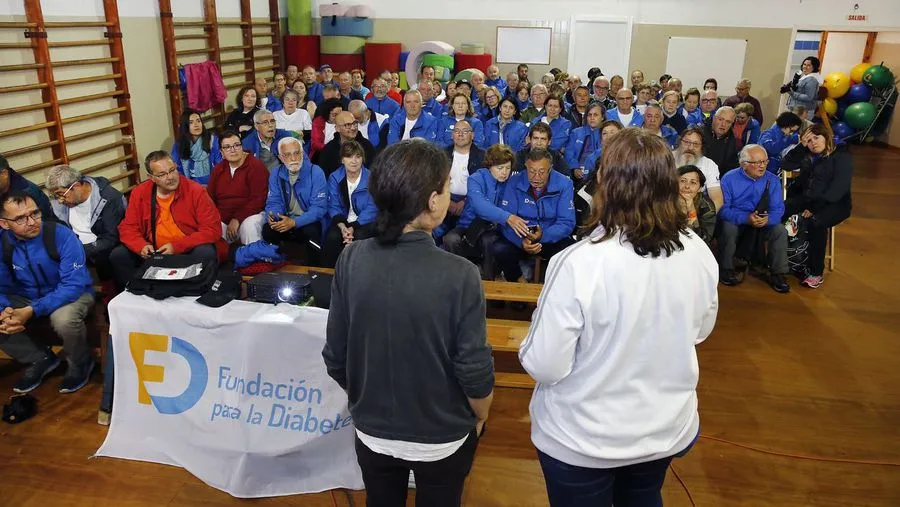The Galician Federation of Associations of Persons with Diabetes (Fedagi) will submit this Friday an official application to the Xunta de Galicia for inclusion in Galician public health of the new diabetes monitoring systems.
This application has "several thousand signatures", whose number the entity will make public on July 27 when this request in the Registry of the Department of Health in Santiago de Compostela, as indicated by this entity in a statement.
Its request is based on the incorporation into the catalog of provision of the Galego de Saúde (Sergas) system of the 'continuous glucose monitoring', since through a sensor, placed in the body, blood glucose levels are controlledContinuously-each five minutes-without having to play punctures on the fingers several times a day.

In this way, the device records the data, which can be consulted even on the mobile phone and, also, warns, by alerts, of the moment in which hyperglycemia or hyperglycemia could produce-base or abnormal rise in blood glucose--.
The association has indicated that the Galician administration does not offer any system of this type and that it is the patients who have to take care of the costs of the control system, which represent an "important monthly economic disbursement."
"Economic Discrimination"
Likewise, medical arguments recommend these systems because they improve the control of diabetes and the quality of life of patients, as the entity has pointed out.
In that sense, they demand that medical and non -economic criteria be followed, so that each patient can have the most appropriate system to their illness, and, in this way, "to finish with the economic discrimination that exists in Galicia in the control of diseases".
And it is that diabetes is a chronic disease that currently has no cure, which requires rigorous daily controls and that every year grows in a "noticeable way."
Currently, it is suffered by 14% of the Galician population, of which one in four patients is a child with type 1 diabetes, as reported by the organization.


